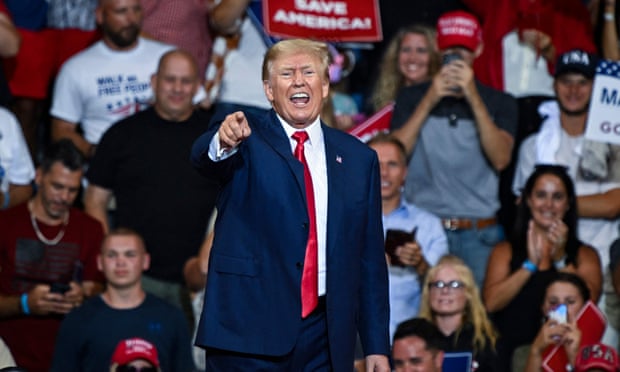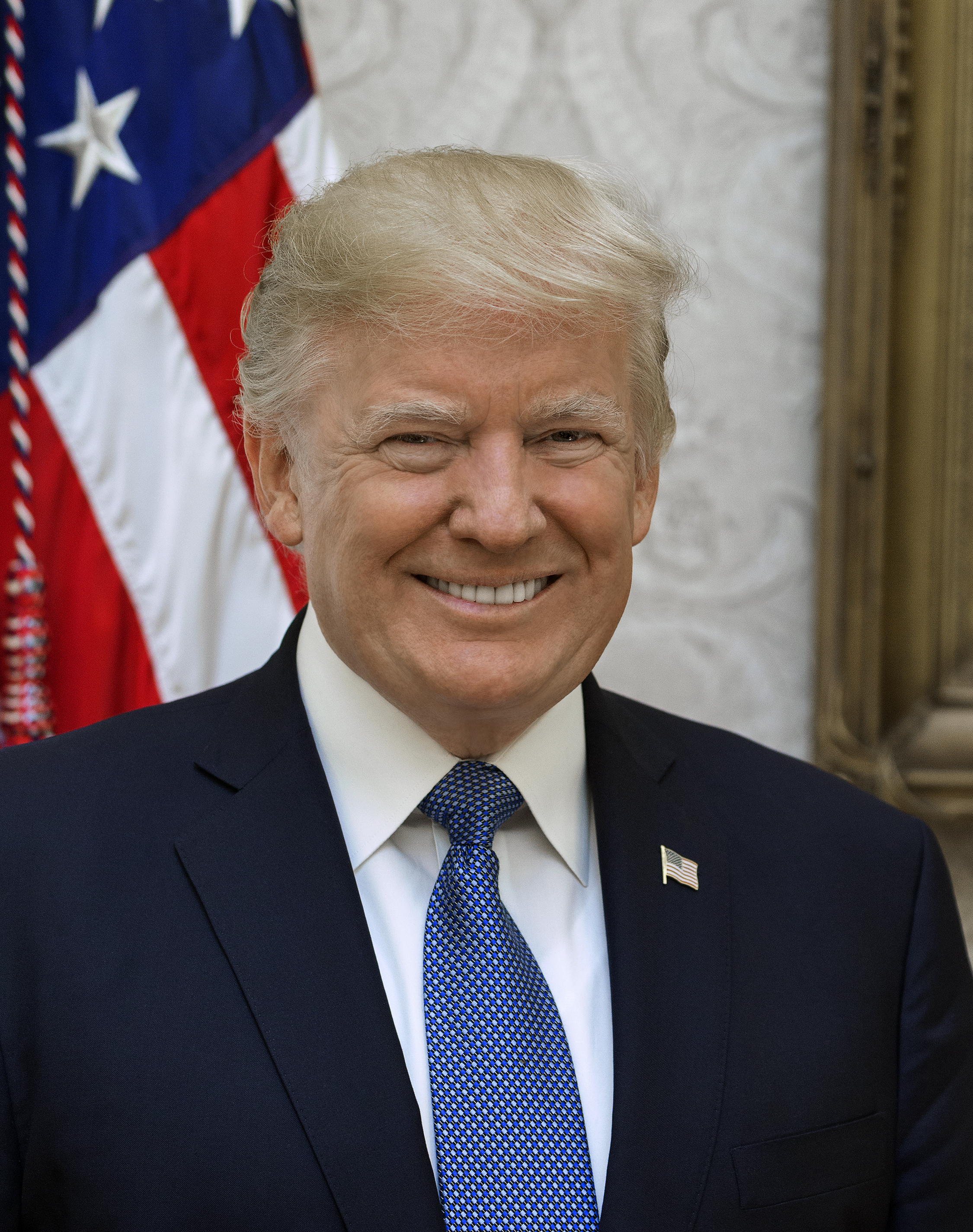An investigation of the former US president's management of federal records is focused on a specific group of documents that were seized.
According to court documents in the special master examination of the confiscated documents, Donald Trump is attempting to conceal from the justice department two folders identified as containing correspondence with the National Archives and signing sheets that the FBI seized from his Mar-a-Lago property.
The former US president's claims of privilege over the folders, which seem to have immediate bearing on the criminal investigation into whether he kept secret information about national defence and obstructed justice, are significant because they show an effort to keep the information private and to keep it out of the investigation.
A study of the court filings revealed that Trump claimed privilege over the contents of one red folder labelled "NARA letters and additional copies" and a second, manilla folder labelled "NARA letters one top sheet + 3 signature sheets."
The filings revealed that the former president also claimed privilege over 35 pages of records titled "The President's Calls" that had the presidential seal in the upper left corner and were written by hand. These records included names, phone numbers, notes about messages, and four blank pages for other notes.
Trump also wants to conceal emails about election fraud charges in Fulton County, Georgia, a 2017 letter about former special counsel Robert Mueller, and discussions about mercy for a certain "MB," Ted Suhl and former Illinois governor Rod Blagojevich.
Questions about whether Trump was asserting attorney-client or executive privilege over the files containing the National Archives letters were directed to a spokeswoman by a person close to the legal team. A comment from the representative could not be obtained right away.
The records that the former president is attempting to hide from the criminal probe by claiming executive or attorney-client privilege, for example, became clear after a Friday ruling by the special master.
Judge Raymond Dearie of the US District Court, who was designated as the special master tasked with screening the seized files for potential privilege concerns, made the unique identifier numbers for documents for which Trump is not claiming privilege public in the three-page ruling.
The precise nature of the documents being claimed as protected would typically remain a secret. However, the confiscated documents that the justice department's "filter team" designated as potentially privileged were made public earlier in the week due to what appears to have been a docketing error by the court.
The Guardian was able to determine which papers the former president was attempting to keep from the department by comparing the individual document identifier numbers for which Trump was not asserting privilege with the accidentally unsealed list of possibly privileged materials.
According to the order, the special master instructed the "filter team" to transfer any papers that Trump did not judge to be private to the "case team" overseeing the criminal investigation before October 10.
The special master instructed the department and Trump's attorneys to consult after the documents were transferred in order to try and settle any disagreements regarding executive privilege over the remaining records before October 20. He then instructed them to present any unresolved issues to him for decision.


